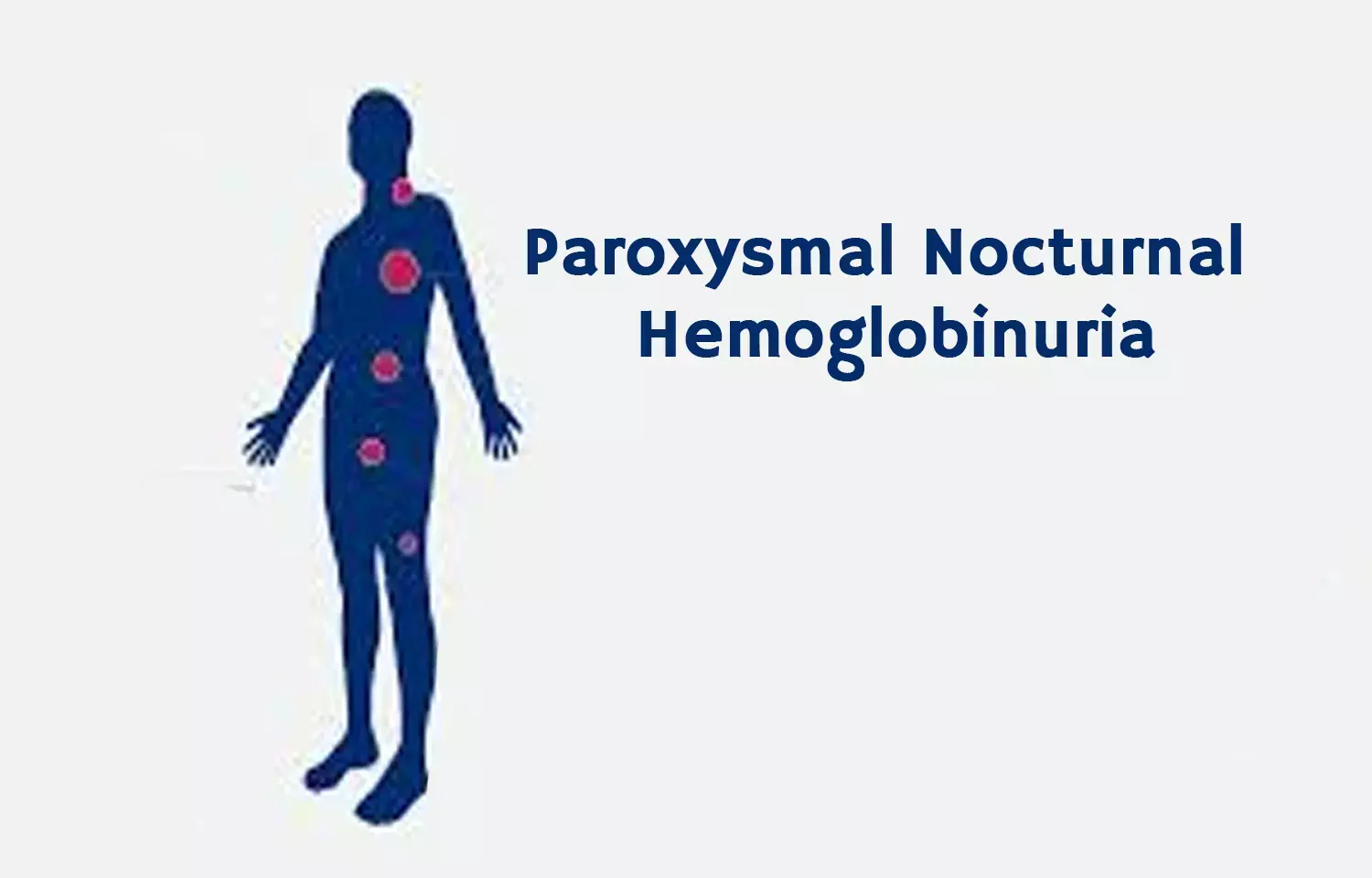- Home
- Medical news & Guidelines
- Anesthesiology
- Cardiology and CTVS
- Critical Care
- Dentistry
- Dermatology
- Diabetes and Endocrinology
- ENT
- Gastroenterology
- Medicine
- Nephrology
- Neurology
- Obstretics-Gynaecology
- Oncology
- Ophthalmology
- Orthopaedics
- Pediatrics-Neonatology
- Psychiatry
- Pulmonology
- Radiology
- Surgery
- Urology
- Laboratory Medicine
- Diet
- Nursing
- Paramedical
- Physiotherapy
- Health news
- Fact Check
- Bone Health Fact Check
- Brain Health Fact Check
- Cancer Related Fact Check
- Child Care Fact Check
- Dental and oral health fact check
- Diabetes and metabolic health fact check
- Diet and Nutrition Fact Check
- Eye and ENT Care Fact Check
- Fitness fact check
- Gut health fact check
- Heart health fact check
- Kidney health fact check
- Medical education fact check
- Men's health fact check
- Respiratory fact check
- Skin and hair care fact check
- Vaccine and Immunization fact check
- Women's health fact check
- AYUSH
- State News
- Andaman and Nicobar Islands
- Andhra Pradesh
- Arunachal Pradesh
- Assam
- Bihar
- Chandigarh
- Chattisgarh
- Dadra and Nagar Haveli
- Daman and Diu
- Delhi
- Goa
- Gujarat
- Haryana
- Himachal Pradesh
- Jammu & Kashmir
- Jharkhand
- Karnataka
- Kerala
- Ladakh
- Lakshadweep
- Madhya Pradesh
- Maharashtra
- Manipur
- Meghalaya
- Mizoram
- Nagaland
- Odisha
- Puducherry
- Punjab
- Rajasthan
- Sikkim
- Tamil Nadu
- Telangana
- Tripura
- Uttar Pradesh
- Uttrakhand
- West Bengal
- Medical Education
- Industry
Iptacopan monotherapy improves outcome against paroxysmal nocturnal hemoglobinuria: Study

Korea: A recent trial led by Jun Ho Jang and colleagues found that iptacopan monotherapy resulted in normalization of hemolytic indicators and quick transfusion-free improvement of hemoglobin levels in the majority of patients with treatment-naive paroxysmal nocturnal hemoglobinuria (PNH). The findings of this study were published in Blood Advances.
PNH is a rare hematological illness that affects 1–1.5 million people globally and is characterized by somatic mutations in the phosphatidylinositol glycan A (PIGA) gene in hematopoietic stem cells (HSCs). Iptacopan (LNP023; Novartis Pharma AG, Switzerland) is a novel, small-molecule, oral, and selective inhibitor of factor B, a critical component of the complement alternative route. At week 13, iptacopan add-on resulted in substantial decreases in both intra- and extravascular hemolysis and transfusion-free improvements in hemoglobin levels in a first phase 2 trial in PNH patients with persistent hemolysis despite ongoing therapy with eculizumab.
As a result, the purpose of this second phase 2 trial was to assess the effectiveness, safety, pharmacokinetics, and pharmacodynamics of upfront iptacopan monotherapy in adult PNH patients with active hemolysis and no complement inhibition in the previous 3 months.
PNH patients with active hemolysis were randomized to receive either 25 mg continuing for 4 weeks accompanied by 100 mg for up to 2 years (cohort 1) or 50 mg for continuing for 4 weeks accompanied by 200 mg for up to 2 years (cohort 2).
The key findings of this study were as follows:
1. At the time of interim analysis, all 12 evaluable for efficacy PNH patients had achieved the primary endpoint of reducing serum lactate dehydrogenase (LDH) levels by at least 60% by week 12 compared to baseline; mean LDH levels dropped quickly and durably, namely by 77% and 85% at week 2 and 86% and 86% at week 12 in cohorts 1 and 2, respectively.
2. Most patients saw a clinically significant increase in hemoglobin levels, and all but one remained transfusion-free until week 12.
3. Other hemolysis indicators, such as bilirubin, reticulocytes, and haptoglobin, improved consistently.
4. There were no documented thromboembolic events, and iptacopan was well tolerated, with no severe or serious side events recorded up until the data cutoff.
In conclusion, there was a quick and lasting decrease in mean LDH levels among PNH patients who received iptacopan, as well as normalization of hemolytic markers and no thromboembolic events. The majority of patients saw transfusion-free hemoglobin improvement.
Reference:
Jang, J. H., Wong Lee Lee, L., Ko, B.-S., Yoon, S.-S., Li, K., Baltcheva, I., Nidamarthy, P., Chawla, R., Junge, G., & Yap, E.-S. (2022). Iptacopan monotherapy in patients with paroxysmal nocturnal hemoglobinuria: a 2-cohort open-label proof-of-concept study. In Blood Advances. American Society of Hematology. https://doi.org/10.1182/bloodadvances.2022006960
Medical Dialogues consists of a team of passionate medical/scientific writers, led by doctors and healthcare researchers. Our team efforts to bring you updated and timely news about the important happenings of the medical and healthcare sector. Our editorial team can be reached at editorial@medicaldialogues.in.
Dr Kamal Kant Kohli-MBBS, DTCD- a chest specialist with more than 30 years of practice and a flair for writing clinical articles, Dr Kamal Kant Kohli joined Medical Dialogues as a Chief Editor of Medical News. Besides writing articles, as an editor, he proofreads and verifies all the medical content published on Medical Dialogues including those coming from journals, studies,medical conferences,guidelines etc. Email: drkohli@medicaldialogues.in. Contact no. 011-43720751


